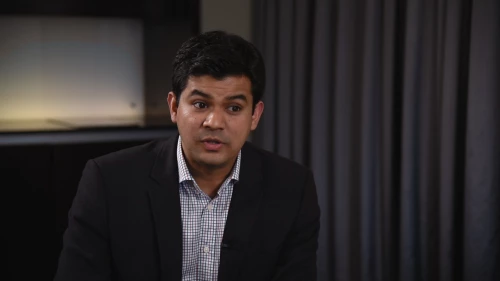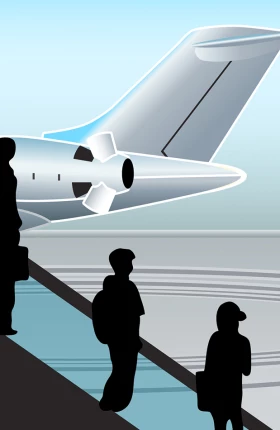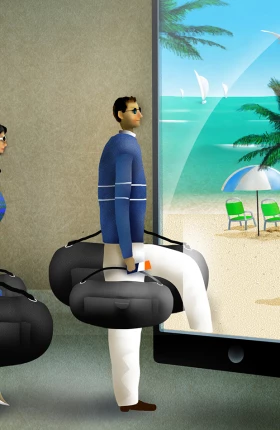The world’s top-performing airlines use five levers to soar over rivals: financial resilience, consolidation, operational excellence, adjacencies, and locational advantage.

Education
- MBA, high distinction, Indian Institute of Management, Bangalore
- BCom, R. A. Podar College of Economics and Commerce
Pranay Jhunjhunwala leads Boston Consulting Group in the UK, Ireland, the Netherlands and Belgium. He previously served as BCG’s Consumer practice lead in Europe, the Middle East, South America, and Africa. Prior to that, he spent several years as BCG’s global airlines lead. He has also led the firm’s Marketing, Sales & Pricing practice in the UK, the Netherlands, and Belgium.
Since joining BCG in 2003, Pranay has worked in the firm’s offices in Mumbai, Atlanta, and London. His client work has focused heavily on the travel and tourism industry, including airlines, hotels, cruise lines, and travel distribution.
Before joining BCG, Pranay worked at Deutsche Bank.












